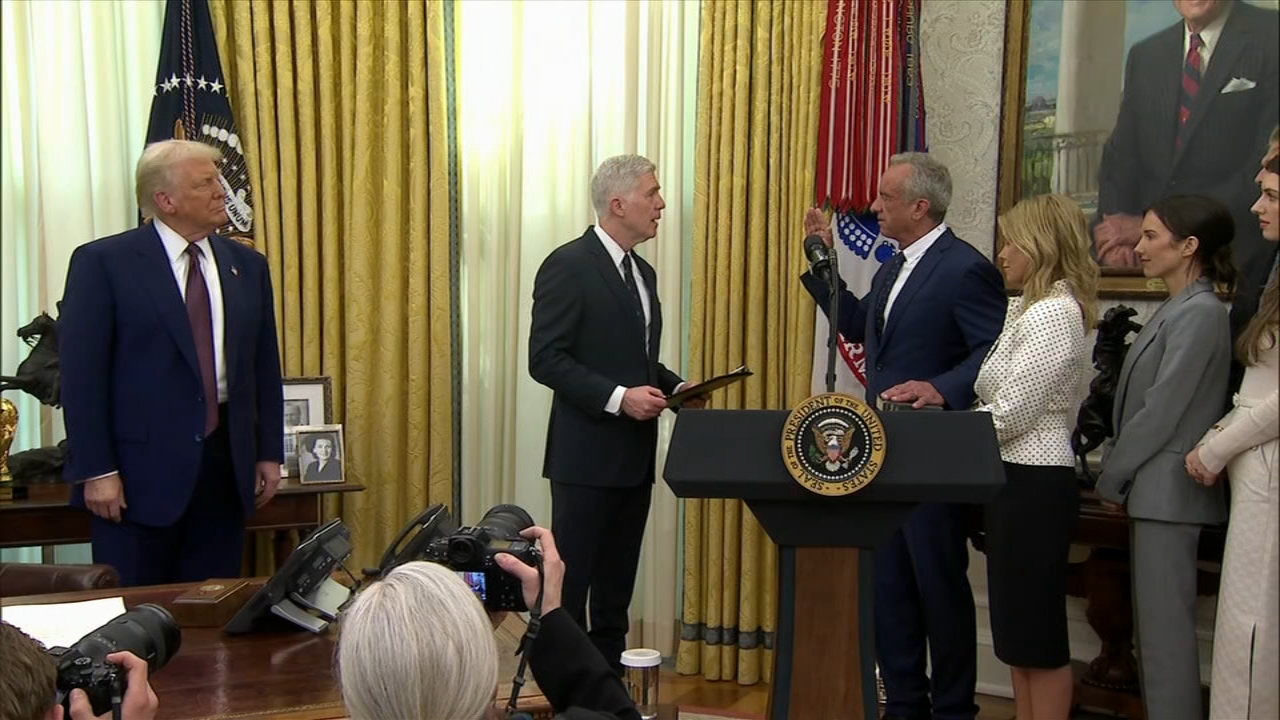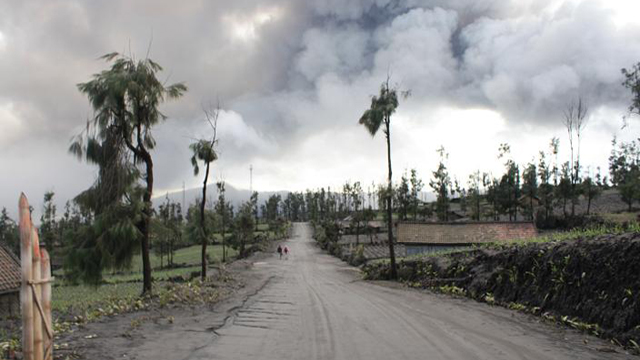Is Autism Caused by Our Genes—Or By the Environment?

For a disorder that affects 1 in every 110 American children and 1 in every 70 American boys, there are a surprising number of misconceptions about autism. Study after study has shown that vaccines do not cause the disorder, yet some parents still refuse to vaccinate their children out of unfounded fears. And while autism rates have been on the upsurge for the past two decades, this most likely does not point to an epidemic but rather to a broadening definition of what constitutes the disorder.
Scientists are beginning to better understand the genetic and environmental factors that likely lead to autism, but there is still much upon which they do not agree—including why the disorder affects boys at roughly four times the rate that it affects girls.
In December, Big Think hosted a panel discussion highlighting cutting-edge autism research as part of our Breakthroughs series, made possible by Pfizer. The conversation features back-and-forth exchanges between top luminaries in the field, including Dr. Gerald D. Fischbach, Scientific Director of the Simons Foundation Autism Research Initiative; Dr. Christopher A. Walsh, Chief of the Division of Genetics at Children’s Hospital Boston; Dr. Susan Bookheimer, Professor of Cognitive Neurosciences at UCLA; and Dr. Susan Wilczynski, Executive Director of the National Autism Center.
Over the next four weeks, Big Think’s Breakthroughs: Autism series will look at the latest thinking and research about the causes and progression of autism. Each Monday and Wednesday, using information from this panel discussion, we will analyze a different piece of information about treatment of the disease and what might be done to prevent it.
Produced by Big Think and made possible by Pfizer, Breakthroughs is a three-part series that focuses on leading-edge medical research. A previous installment on Alzheimer’s disease can be found here, and another on cancer will launch in February.





